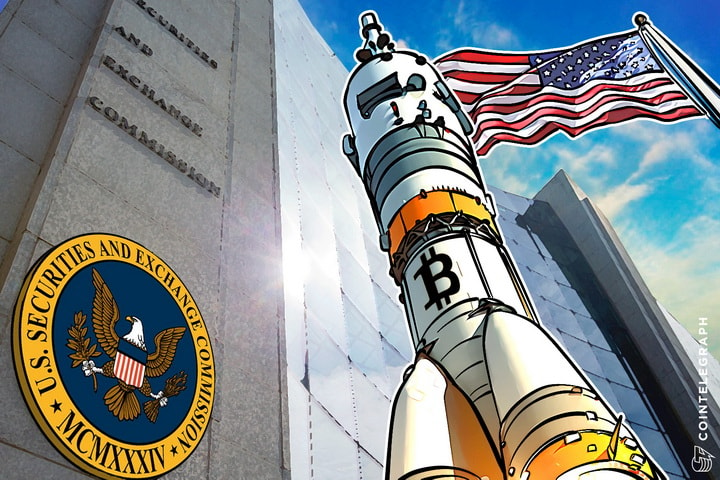The US Securities and Exchange Commission (SEC) has delayed the approval of what many expected to become the first Bitcoin ETF to operate on a major stock market. The SolidX Bitcoin ETF, an insurance-included mainstream Bitcoin trading instrument, was planned to be approved by the SEC by September 16, 2016.
Potential 240-day delay
SolidX Management LLC, the company behind the development and distribution of SolidX Bitcoin ETF, filed its Registration Statement with the SEC back on July 11, with rule changes submitted to the federal register for comment on August 2.
However, the SEC’s inefficient structure and process in approving ETFs in the market resulted in yet another 45-day delay, which can be extended by a further 90 days and then an additional 60 days. Considering that 45 days have already passed, the SEC’s inefficiency could lead to a potential 240-day delay, which may cost SolidX another 8 full months before its approval.
In August, the SEC also extended the deadline for the review of the Winklevoss Bitcoin Trust to October 12, with a potential 24-day delay as well if the SEC decides to spend more hours investigating the exchange-traded fund.
Bitcoin ETF launch could double the Bitcoin price
If the SEC approves the SolidX Bitcoin ETF, experts presume that it will affect Bitcoin the same way precious metals like gold and silver were affected when ETFs for commodities were launched in the mid-2000s.
The launch of the SolidX Bitcoin ETF or the Winklevoss Bitcoin Trust would mean that both establishments will be required to secure a certain amount of capital in Bitcoin to support its trades. Once Bitcoin is secured, high profile retail and equity investors will purchase the exchange-traded funds, considering that they are disallowed from directly approaching commodity markets.
Daniel Masters, director of the UK-based Global Advisors Bitcoin Investment hedge fund, wrote:
"Retail and equity investors, who wouldn't or couldn't go direct to the commodity markets, were prepared to invest in these vehicles. That, in turn, sucked physical commodities used to back the ETFs out of the markets in question, leading to price appreciation."


